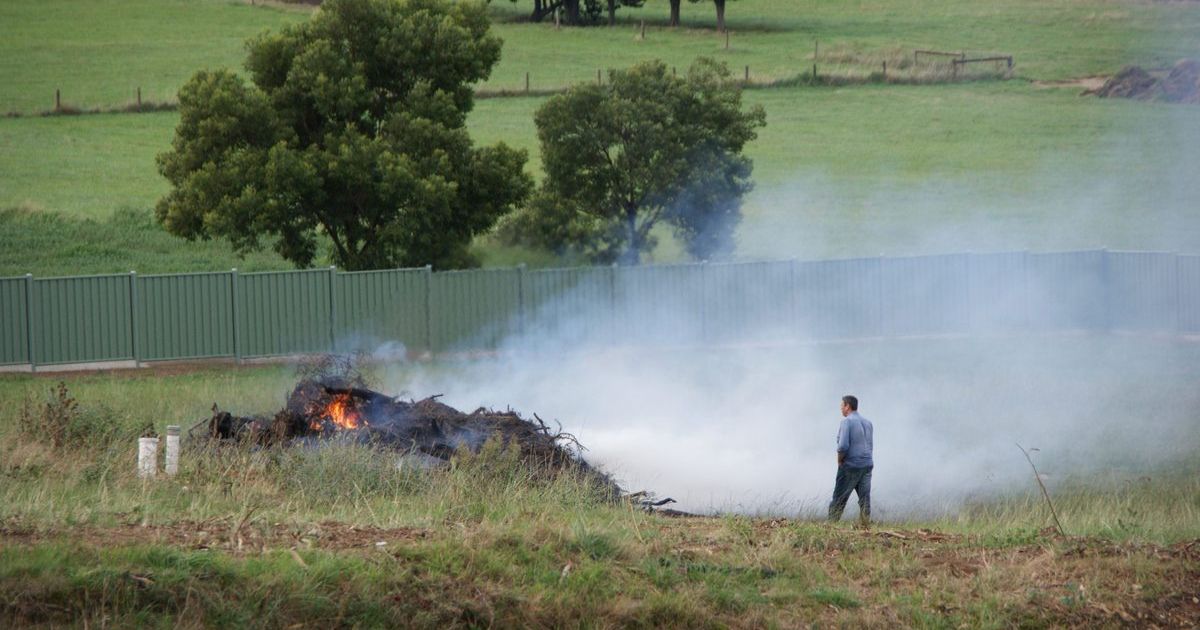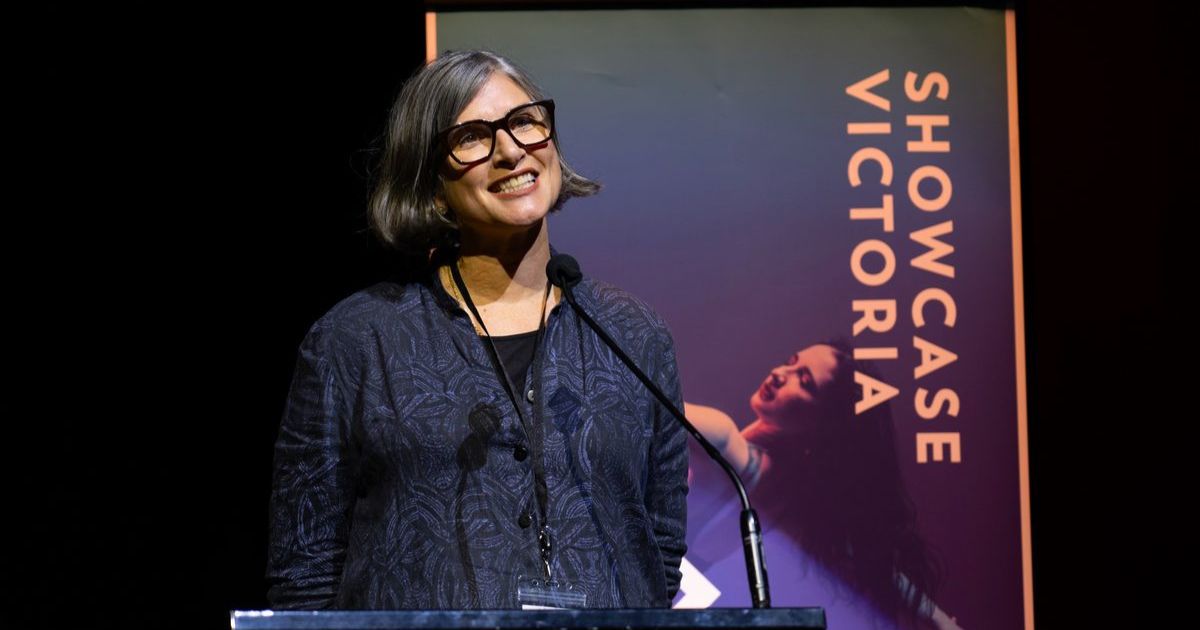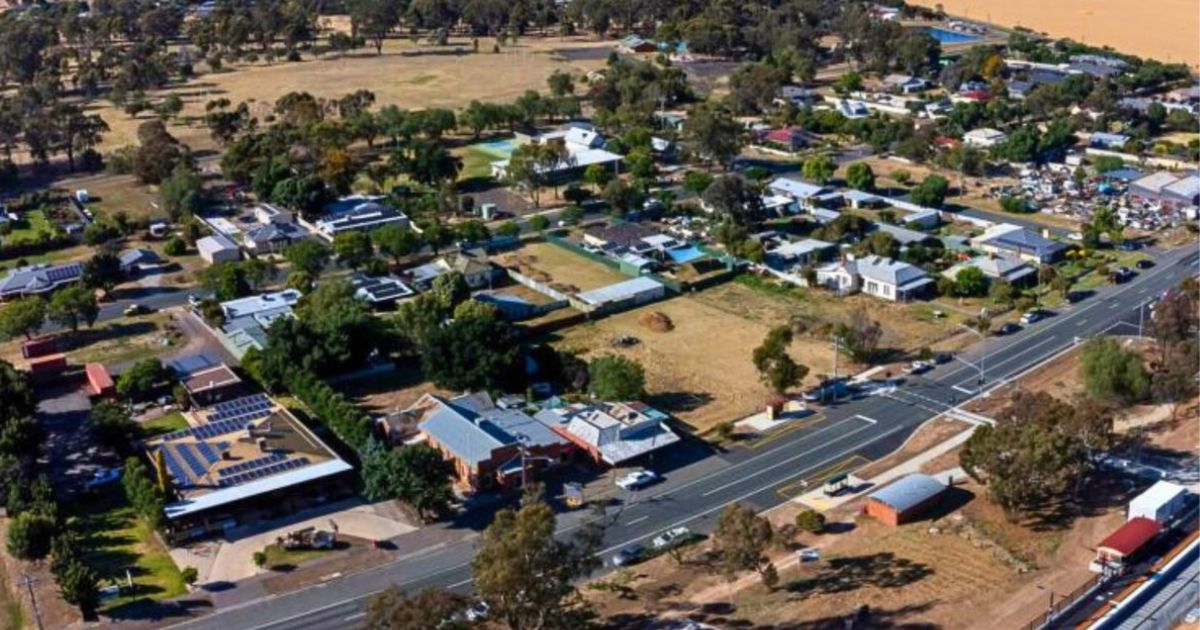Innovation gets higher ed boost

Innovation: La Trobe University has joined with Ceramic Oxide Fabricators Australia on a local manufacturing skills project. Photo: TIM LAMACRAFT
A PARTNERSHIP between La Trobe University and one of Bendigo’s leading engineering companies is aiming to help rebuild Australia’s homegrown advanced manufacturing sector.
California Gully based business Ceramic Oxide Fabricators Australia is one of nine the university is partnering with to prepare engineering students to be job-ready after graduation through a six-month industry placement.
“We’ve had two PhD students, six masters and 12-14 undergraduate students,” COFA General Manager Peter Crowhurst said.
Now a part of students’ degrees, he said the program helps them gain an understanding of “real-world applications and commercial timeframes” and provide “invaluable experience to their future success.”
It’s also helping businesses like COFA to plug a capability gap that’s increased due to the pandemic and record low unemployment.
“The key challenge is technical gene pool,” Mr Crowhurst said. “The university can meet 99 per cent of our technical challenges.”
The collaboration is largely the result of Latrobe successfully securing $2 million from the Federal Government’s Strategic University Reform Fund.
“SURF funding encourages universities to undertake novel reform in areas of Government priority, such as innovation and commercialisation of research,” La Trobe vice-chancellor Professor John Dewar said.
COFA has received $360,000 from SURF and has used the money to buy high-tech equipment that currently supports two industry PhD projects, as well as work integrated learning and masters students.
The company is considered a leader in the production of ceramic oxygen sensors, a CSIRO invention that are now used by science and industry around the world, including to produce harder wearing surfaces on metals for internal combustion engines.
At the height of the pandemic when global trade was severely interrupted, La Trobe Professor of Practice in Engineering, Chris Stoltz, said Australia’s domestic advanced manufacturing sector was found to be lacking.
“COVID highlighted Australia’s sovereign capability,” he said.
He also said it was company’s like COFA that were able to respond to government and industry needs for homegrown manufacturers.
“The SURF program supports industry-based acceleration towards regional circular economies, allows us to expand our research and development capabilities, and helps us train the next generation of engineers,” Mr Crowhurst said.
Based on their collaborations with industry and businesses like COFA, Professor Dewar and his colleagues are preparing their next SURF funding application, expected to be $8 million.
If successful, Professor Dewar said the university will continue to build on regional research and development partnerships.


















